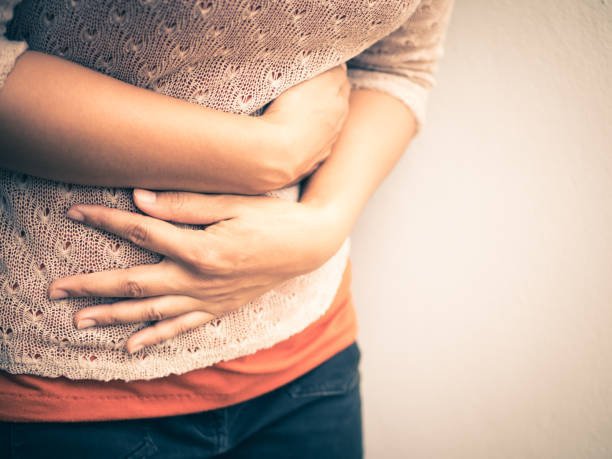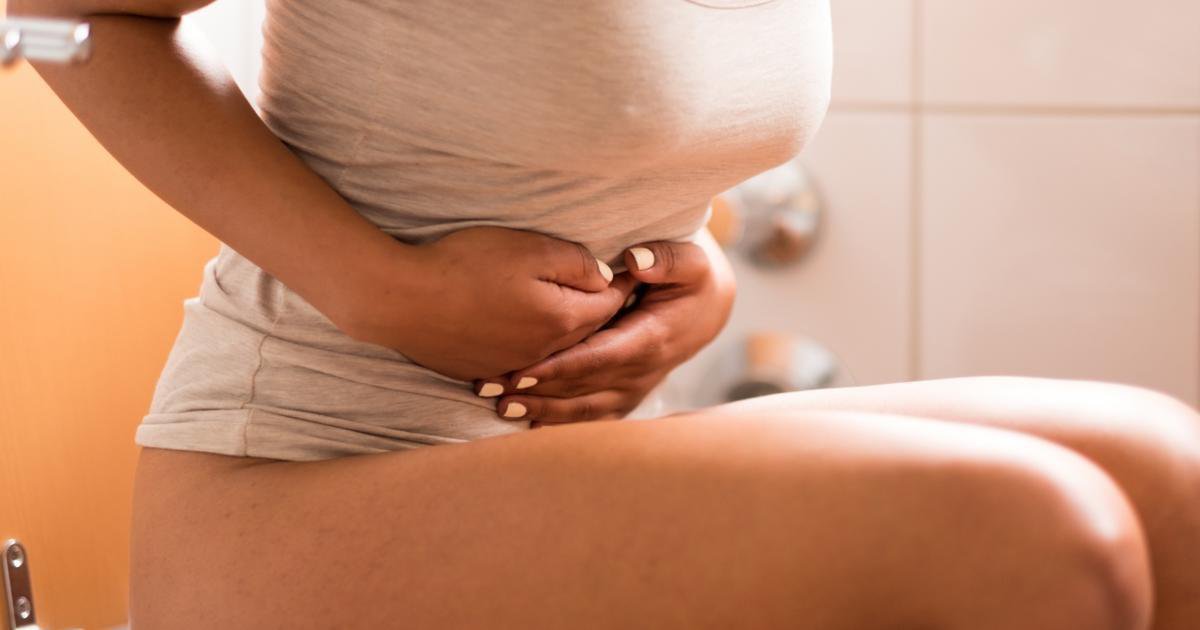A new study by Chinese researchers found that nearly half of the Covid-19 affected people experienced digestive issues. The data was analyzed from more than 200 patients who were admitted in the hospitals of Hubei Province and found that almost half of them complained about digestive difficulties like diarrhea and vomiting or lack of appetite.

Although digestion problems are anyway very common amongst a lot of people globally, the doctors aren’t suggesting that all of them would be Corona infected but as per the research it can be considered an early symptom.
The study posted on March 18 found that, among about 200 COVID-19 patients at three hospitals in Wuhan around 48.5 percent reported at least one digestive symptom, and 18% reported diarrhea, vomiting or abdominal pain.

Another study, published in The American Journal of Gastroenterology on March 30th, found that while most patients with COVID-19 have common symptoms like cough, shortness of breath and fever, these symptoms take time to show in an infected person’s body and often go undiagnosed. Until then, the person meets other people and the virus gets transferred to another person.
Hence, the study aims to propose the initial symptom that can help reduce human contact and spread. “Failure to recognize these patients early and often may lead to unwitting spread of the disease”, said one of the researchers in the study.

The researchers analyzed information from 206 patients at Union Hospital, Tongji Medical College in Wuhan, who had mild illnesses, without difficulty in breathing or low blood oxygen levels. Overall, 48 patients (23%) were admitted with only digestive symptoms, 89 (43%) with only respiratory symptoms and 69 (33%) with both respiratory and digestive symptoms.

Among all patients with digestive symptoms (117 patients), about 67 (58%) had diarrhea, and of these, 13 (20%) experienced diarrhea as the first symptom of their illness. Patients’ diarrhea lasted from one to 14 days, with an average duration of five days, the report said. About one-third of patients with digestive symptoms never experienced a fever.

Patients with digestive symptoms tended to seek health care later than those with respiratory symptoms. It was observed that a person with digestive problems took 16 days to seek help as compared to 11 days taken by a person with respiratory problems. Those with digestive symptoms also took longer to test negative for COVID-19 virus, taking about 41 days on an average as compared with 33 days for those with only respiratory symptoms.

It was also observed that those with digestive symptoms were more likely to have the new coronavirus, with about 73% with digestive problems having positive stool samples as compared with 14% of those with respiratory symptoms only.
The authors concluded by saying, “these data emphasize that patients with new-onset diarrhea after a possible COVID-19 contact should be suspected for the illness, even in the absence of cough, shortness of breath, sore throat or even fever.”

While the cases of the new Coronavirus doesn’t seem to stop anytime soon, testing people with early symptoms becomes utmost important. Testing people with digestion problems might be a good solution to the problem.

















